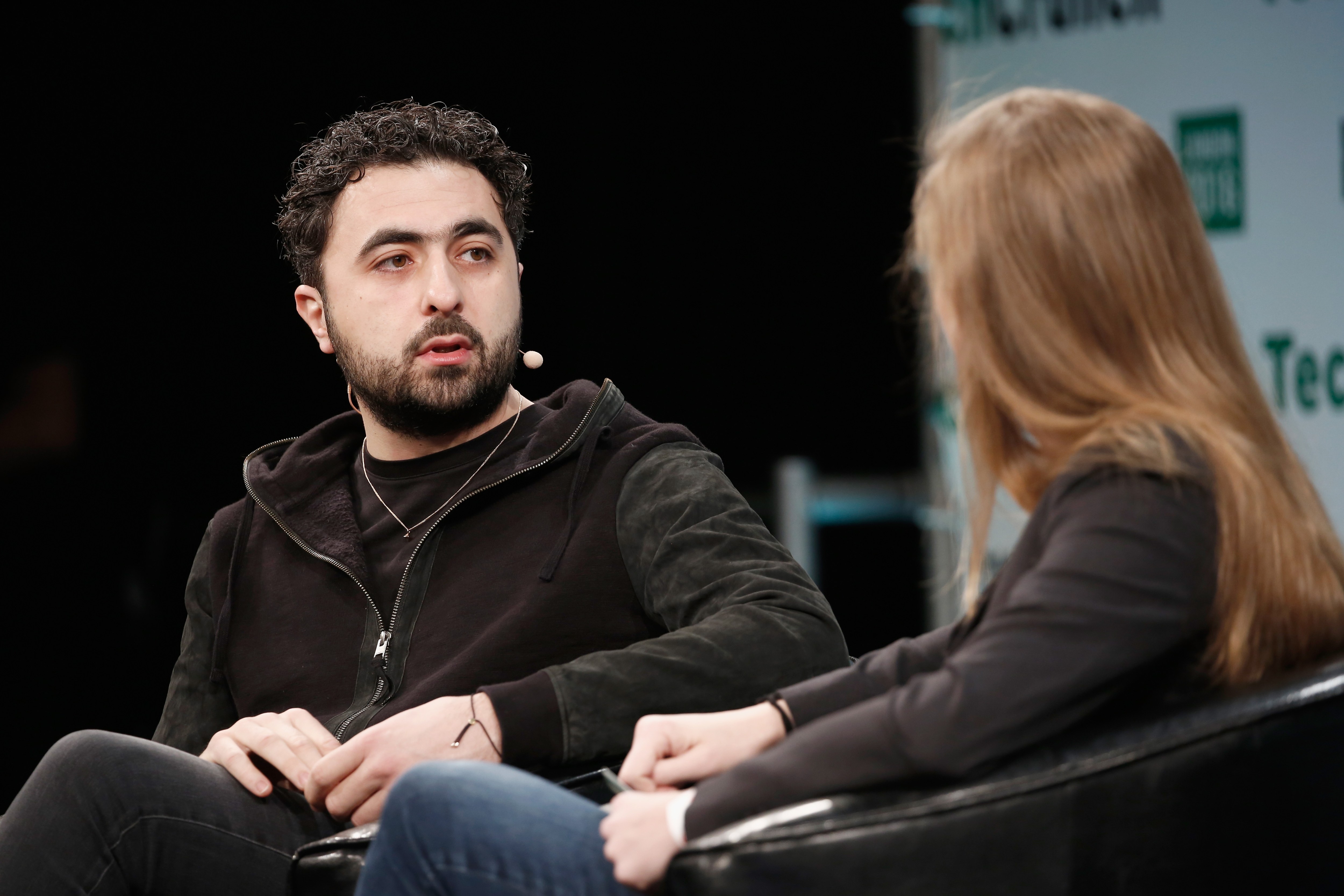Microsoft Unveils AI Bots to Streamline Office Tasks for Workers
Microsoft has introduced “autonomous agents,” innovative virtual employees designed to handle increasingly complex office responsibilities, marking a significant advancement in the use of artificial intelligence in the workplace.
These sophisticated bots are capable of comprehending the nature of tasks assigned to them and can act on behalf of users, providing assistance across various business roles, teams, and functions. According to the company, these agents can manage and reply to emails and undertake everyday tasks, benefiting from their ability to operate around the clock.
During a presentation in central London, Satya Nadella, the third CEO in Microsoft’s 50-year history, emphasized the transformative impact of AI on the service industry.
Nadella stated, “For 70 years, computing history has revolved around digitizing people, places, and things. We now have a new reasoning engine to interpret it all better.”
He highlighted the shift in human-computer interaction, which is evolving into natural language exchanges and multimodal exchanges that include image, speech, and text, improving both memory and context. He noted that advancements in data and algorithms are doubling AI model performance every six months.
Other tech companies, including Google, Salesforce, and Sierra, led by Bret Taylor, chairman of OpenAI, are also in the race to develop similar autonomous agents.
Jared Spataro, chief marketing officer for AI at Microsoft, compared these agents to robots operating manual tasks in manufacturing. He articulated that organizations will increasingly blend human roles with these agents, which will work under human oversight and report back autonomously.
Companies like McKinsey that have piloted this technology have reported success; McKinsey has created an agent to expedite processing client proposals by scanning emails, extracting relevant data, noting previous communications, utilizing company information, and generating email replies.
Microsoft is set to offer ten customizable agents for various tasks, including sales and case management, enhancing team capacities unprecedentedly.
Equipped with comprehensive instructions and access to company information, these agents can analyze tasks efficiently. Should they encounter complex situations, they can escalate queries to human counterparts.
With 2.1 million monthly users of Copilot, Microsoft’s AI tool providing features like transcription and document drafting, the new product rollout claims to require significantly less oversight.
Ece Kamar, managing director of AI Frontiers at Microsoft, described the relationship between autonomous agents and human employees as a collaborative effort, asserting, “My goal is not about these agents replacing jobs but about enabling them to handle mundane tasks while humans engage in the more rewarding aspects of their work.”
However, she acknowledged potential future challenges, stating, “It is important to establish transparency and safeguards to prevent negative consequences from these interactions.”
Spataro suggested that these agents could reshape organizational structures, remarking, “The current organization reflects a model from the two world wars. Today’s companies generally feature similar departments. We expect that, in the future, more generalized leaders will perform more specialized tasks, leading to flatter structures and broader skill sets as opposed to the specialization seen in recent centuries.”
The goal is for these agents to learn from their experiences, interact with one another and with humans, and make decisions with minimal supervision.
The introduction of these agents marks another strategic win for Microsoft, allowing the tech giant to stay ahead of competitors and turn generative AI into practical tools for businesses seeking productivity enhancements.
As a pioneer partnership with OpenAI, the creator of ChatGPT, Microsoft is also investing in other leading AI laboratories developing large language models, such as Mistral.
This year, Microsoft recruited Mustafa Suleyman, co-founder of Google’s DeepMind, along with his team from Inflection AI, to spearhead a new initiative named Microsoft AI, focused on advancing the capabilities of Copilot.

Nevertheless, these collaborations with pioneering AI companies have drawn scrutiny from antitrust regulators in both the United States and the UK. The Federal Trade Commission is investigating Big Tech’s generative AI investments and partnerships, including Microsoft’s collaboration with OpenAI.
While the UK competition authority has determined that Microsoft does not require further examination regarding its relationships with Inflection and Mistral, the inquiry into its partnership with OpenAI is ongoing.
Microsoft’s stock has surged by 27 percent over the past year, resulting in a market valuation of $3.1 trillion. In its latest quarterly earnings report released in June, the company reported revenues of $64.7 billion, reflecting a 15 percent increase, and net income of $22 billion, a 10 percent rise.




Post Comment